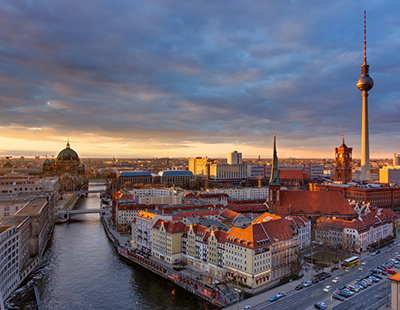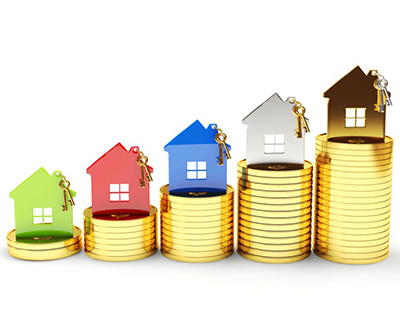While 12 cities, most of them Chinese, recorded house price growth above 20% by the end of 2016, a year later only one city fell into this category: Berlin. The escalation of the Berlin property market has been driven by low interest rates, a growing population over the last decade and an increase in foreign investment.
“It isn’t surprising given the level of buyer demand the city has seen over the past few years,” said Achim Amann, co-founder of Black Label Properties, an international estate agency based in Berlin.
“The growth of the luxury sector here is expanding rapidly, and prices are climbing much faster than anyone expected. We're seeing larger numbers of international investors who are willing to spend at the very high end of the property market, and that is great for Berlin's real estate economy.”
Last year Black Label Properties grew its turnover to more than 1.3 million euros and sold real estate worth over 22 million euros to its German and international customers.
“The difference between Berlin and the other cities is that there is a huge shortage of apartments here and an ongoing influx of people moving to the city,” Amann added. “Berlin’s population has grown by 50,000 per year on average over the last five years and is now at 3.5 million.”
Despite the rise in house prices, residential property in Berlin is still very affordable (for domestic and overseas investors) compared to cities such as London and New York, and this has encouraged more foreign investors to part with their cash.
Last month US investor Warren Buffet – the third richest man in both the United States and the world – acquired a luxury real estate agency in the city.
Commercial property in Berlin is also thriving, with Berlin’s Sony Centre complex bought for 1.1 billion euros in October by the pension fund of Ontario’s municipal employees, while Norway’s state pension fund paid around 400 million euros for the Mitte HQ of Axel Springer.
For Berliners on an average wage, however, it’s a different story, with the hike in house prices leading to a shortage of affordable homes – an issue mirrored in cities throughout Western Europe.
There is a severe dearth of affordable apartments throughout Germany, according to a new study from the Hans Bockler Foundation, with demand currently exceeding supply by 1.9 million in Germany - and by 310,000 in Berlin alone.
Meanwhile, Fitch Ratings announced this week that residential prices across Germany have increased by 60% since 2010, with an 8.6% rise in 2017 alone. However, with mortgage rates set to increase, there may be a slowdown in the growth rate in the months to come.
The Bundesbank, Germany’s central bank, is keeping tabs on developments and said recently that housing in many German cities is overpriced by 15% and by up to 35% in Berlin, where rent costs for new leases grew by over 9% in 2017.
“We expect demand for premium property in Berlin to remain high, and we do have measures in place to ensure that it doesn’t follow in the footsteps of London,” the bank said.
“The regulations are stringent about property purchase in Germany. Locals need a 15% deposit and non-German taxpayers a minimum 30% deposit. We do not have buy-to-let on the same scale as the UK because of the high transaction costs.”








.png)










Join the conversation
Be the first to comment (please use the comment box below)
Please login to comment